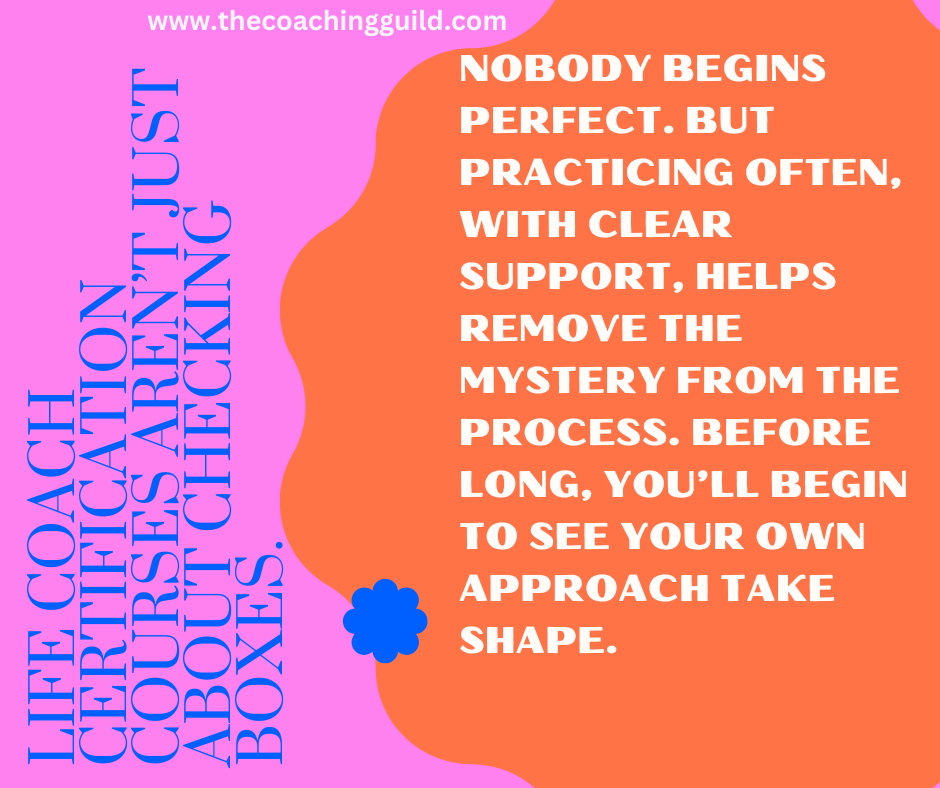This may be an unpopular sermon on money
Money is maybe the smallest part of success.
Now hear me all the way through before you roll your eyes.
This post is more than a #humblebrag. My life is not perfect. Anyone who knows me will tell you things aren’t always super-easy and social media shiny around here. As a family, we have had some major league ups and downs. Everyone goes through those. That’s life.
However, on the daily, I’m living the life most people don’t think is possible for them. It has a lot to do with the money I make as a coach – but not in the way you might think. Yesterday was a pretty typical day. I woke up to a cup of mocha mushroom coffee (yes, it is a thing.). Then my husband and I meditated for about half an hour. I took a long-ish bath before getting dressed and prepped for the day, which frankly doesn’t take much more than getting dressed because my husband does most of my prep.
I worked four hours. I will usually do another hour in the evening. Generally speaking, I work about 5 hours a day, four days a week. I always take three-day weekends. After I finished my client calls, I took a nap. Then we went to the beach, swam in the ocean, and soaked up a picture-perfect Mexican afternoon. We picked up to-go sushi and sat outside at our favorite place to watch the sunset and eat on the way home. Honestly, it had been too long since we’d been to the beach. But generally speaking, most afternoons, I have a lot of time to do with what I please.
My elderly parents live on our property. In the evenings, I spend time with them and get a little bit of work done. After they go to bed, I have time to watch a show or do some yoga before I shower and climb into bed with my Mr. Perfect to call it a day.
For the record, I am the income earner for our family right now. We moved to Mexico in part so my husband could work at a free clinic without having to worry about the dollars and cents of treating patients for the first time in his professional life. COVID has put a wrench in that, so he treats patients where he can and has taken over most of my parents’ caregiving. He works more than I do every single day-
but it is worth noting; I am not living the life because someone else is making the mortgage. Truth be told, we don’t have a mortgage payment anymore.
Life is good. I could work more, and if I did, I would obviously make more money, BUT you know what? I don’t want to. Nor do I need to. Life isn’t always about the hustle. Maybe there is a season for the hustle, BUT wealth is about more than money. It is also about having the time, energy, and health to enjoy the people and things I love. Money is not the only resource that is important when planning a business.
By any measure, I am a successful coach. I have been coaching for more than two decades. I have an impact on the lives of the people I work with every single day. I make good money doing it.
That said, in a world of coaches who are busting their asses to have more clients, make more money, and build bigger and bigger coaching machines, I am delighted to take my afternoons off to nap and go to the beach. I have the life most people are working on getting to someday. Coaching made that possible now, and I didn’t have to manufacture an empire and turn myself into a commoditized machine to make that happen.
The driving drum-beat in the coaching industry right now is if you’re not a six-figure coach, you’ve got a lot of work to do. At this point, the sales pitches for many “fill your practice at the highest price point possible in record time” training programs are set at a frantic seven-figures or bust tone. Big money hype is intoxicating and, in the end, often painfully disorienting and disappointing.
I might suggest that if all those five, six, or seven figures don’t buy you freedom, the money has no meaning. A lot of coaches are working themselves into six and maybe seven-figure traps. Trapped is a crappy place to be, no matter how much money you’re stacking.
Here is the thing no marketing or money coach is going to tell you:
DO NOT SET INCOME GOALS.
Income goals will betray you. They will make you compete with yourself and everyone else. The finish line is never enough, and no amount of income will buy the life you think you want if you’re chasing a number while believing you can win that race. I am not suggesting money isn’t essential. You should have your eye on that ball and treat money with the respect it deserves. A coaching practice has to be profitable to be sustainable.
That said, money shouldn’t be the driving force of your business. Saying that is not revolutionary. However, suppose you were an outsider looking into the coaching industrial complex and all the bazillion classes and groups related to marketing and millions-making. In that case, you’d probably think we are hungry, maybe starving for money and coach fame. It isn’t healthy, and it smells like desperation and rotting dreams.
Additionally, there is nothing wrong with NOT making service your compass point. Helping people and being of service is literally the name of the game. It is the product of our work as coaches. However, we don’t have to pour ourselves into our clients in the name of sacrifice and altruism. Ultimately, that is an excellent way to turn your coaching business into an expensive hobby.
Your compass point should be creating the life and freedom you crave. Decide how you want to live and who you want to be. Orient every decision you make in your business around that – period – full stop.
I am bored with talking about money. I want to talk about freedom. They are not the same thing.
The Coaching Guild offers soul-centered, science-informed coach training taught by experts. Students are compassionately and supportively held through their education and evolution.
If you are a coach or would-be coach who thinks big money is going to heal you, solve all your problems, fix your life, or innately make you a bigger and shinier version of yourself, The Coaching Guild is not for you.
Money is not medicine. It is energy. Our coaches are trained to make money without worshipping it. If you are an outsider, artist, creative, rebel, or misfit, who wants purpose and freedom, The Coaching Guild might just be your home. Check us out: www.thecoachingguild.com


